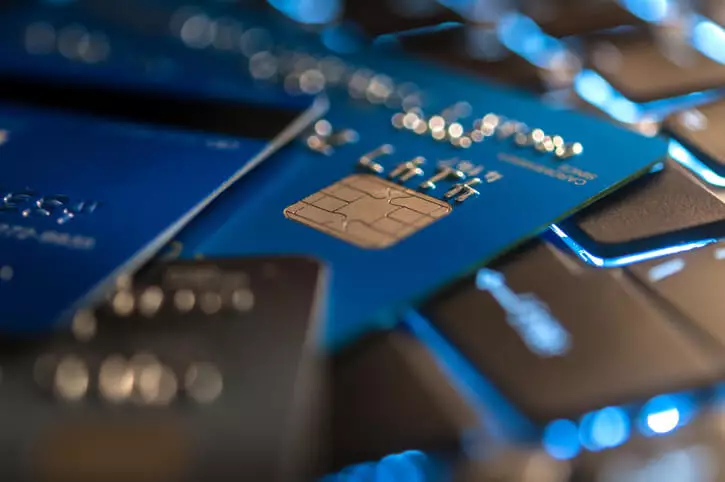More Than 1606 Chili’s Restaurants Got Violated By Malware
Table of Contents
- By David Lukic
- Published: Jan 19, 2021
- Last Updated: Mar 18, 2022
Dining out should be a fun and enjoyable experience, not an opportunity for hackers to steal your credit card data. Customers of many of the 1,600 Chili’s Tex-Mex restaurants were violated by malware last year, which took their credit card information from payment systems within the chain’s IT network. Executives from Chili’s parent company Brinker International, issued a statement to affected customers stating:
“some Chili’s restaurants have been impacted by a data incident, which may have resulted in unauthorized access or acquisition of your payment card data.”
Additionally, they apologized with
“We sincerely apologize to those who may have been affected and assure you we are working diligently to resolve this incident.”
When Was the Chili’s Data Breach?

Results of the investigation say that the Chili’s data breach occurred between March and April of 2018. However, cybersecurity experts warn that it could have been longer than that, and it is crucial to assume an extended timeframe for your own protection. Credit and debit card numbers, expiration dates, and cardholder names were stolen in the breach.
How to Check if Your Data Was Breached From The Chili’s Hack
Unfortunately, there is no master list where you can check to see if your data was included in the incident. If you dined at a Chili’ s restaurant any time during 2018, you might want to assume you were affected. The best way to check is to monitor your credit and debit card statements for those months and beyond and look closely for any charges that you do not recognize.
What to Do if Your Data Was Breached From The Chili’s Hack

If you were affected by the Chili’s data breach or any other recent hacking incident, you would want to take quick action. Some things you can do are:
Cancel the credit/debit cards you used at a Chili’s restaurant and have the banks reissue you a new one.
Closely monitor all your bank statements and credit card information regularly to look for fraud.
Sign up for credit monitoring with a company like IDStrong.com and consider freezing your credit so no one can open up new accounts in your name.
Change the passwords for all your login accounts (especially for banks and credit cards). Use long passwords with complex combinations of symbols, letters, and numbers.
Can The Chili’s Data Breach Cause Identity Theft?
Although Chili’s expressed deep concern over the incident and stressed that no personal information was stolen, names, and credit card data were taken. Even that is enough for cybercriminals to forge ahead with a phishing campaign or scam using your information or tricking you into exposing even more data so they can steal your identity. Some criminals want to hack into your computer and hold it ransom then demand money. This is becoming a more common theme. You must be vigilant in protecting yourself to keep you and your money safe.
What to Do to Protect Yourself Against Malware

Malware and viruses are a big problem for computer users and device owners. Thieves are becoming very savvy and learning how to design real looking emails that are actually fake and trick the user into clicking on a link or downloading an attachment that then infects their computer with a virus such as Trojan virus and gives them control to do whatever they please. Some ways to protect yourself are:
Use only a single credit card for online purchases and check the statements often looking for suspicious activity.
Keep all your devices updated with the latest security patches and antivirus software. Run deep scans often.
Watch carefully for phishing emails or other scams. If the email urges you to do something quickly, don’t do it.
Never click a link or open attachments in emails.
Open a new browser window and visit the site from there, and log into your account. Spoofed websites often look like the real deal, but they are not.
















